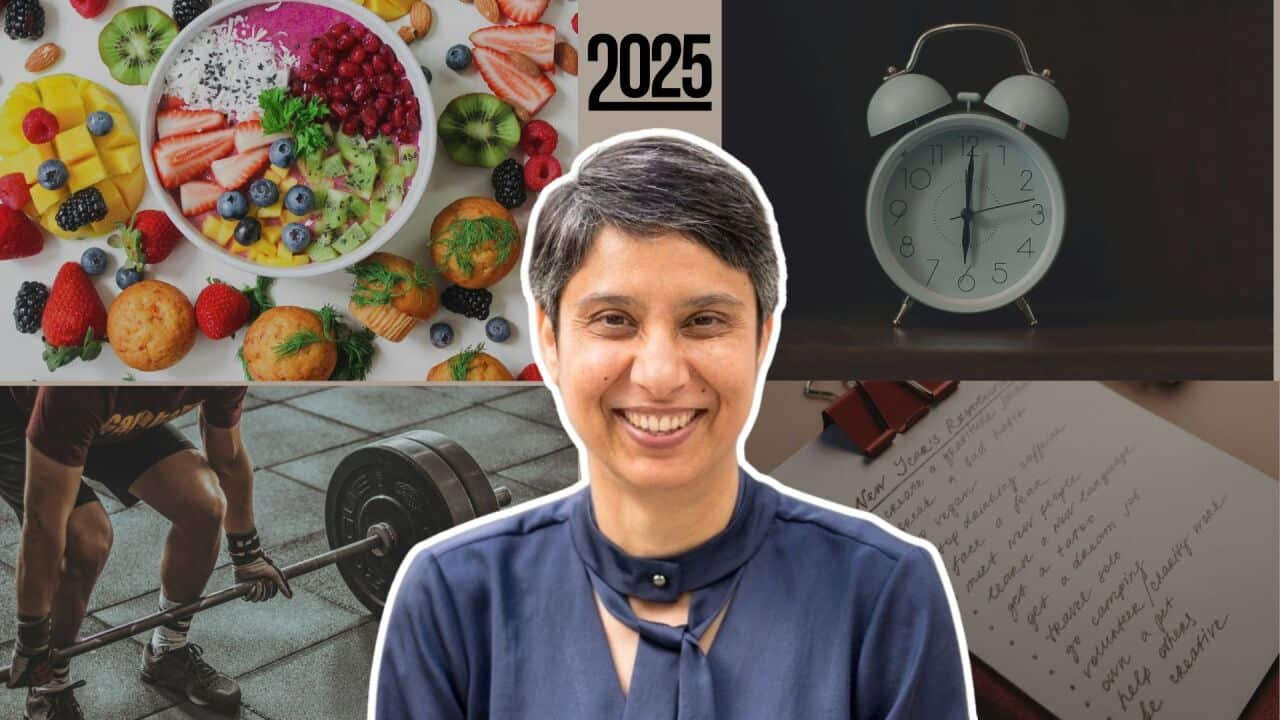Do you help to look after an elderly or sick family member? Are you also working part time, full time or casual outside of this responsibility? Or do you expect to be in this "Carer's" role in future?
In this interview with SBS Punjabi, Gagan Kaur Cheema, Bilingual Health Educator from Multicultural Centre for Women’s Health MCWH explained who is a carer, what are some of the physical, emotional and financial impacts of caring, and support services available in Australia to help make carer’s life easier.
“Carers are those invisible people in our society who look after a loved one who is chronically ill, elderly or living with a disability.
“A carer is a person aged 15 years or over who provides ongoing informal help or supervision to persons with disabilities or long term health conditions, or to persons aged 60 years and over.
“Caring often takes an immense physical and psychological toll, and research indicates that carers suffer from higher than average rates of physical and mental health problem,” says Dr Cheema.
Related Article

Working Carer's Project: Dealing With It Myself
While caring can be an incredibly rewarding experience, carers also feel isolated, depressed and stressed. Main physical impacts are lack of sleep and chronic pains.
“Financially, family’s income can be reduced if the carer is forced to give up or reduce work due to increased responsibilities. Medical and other expenses of the care recipient can also impact on family’s budget," says Dr Cheema.
“Immigrant and refugee carers in Australia form a vulnerable group who often have less access to both informal and formal supports. The concept of ‘caring’ as defined by service providers is a western concept, and does not necessarily resonate with all immigrant and refugee families.
“Other factors include language barriers, culturally inappropriate service provision, social and family isolation and lack of knowledge about the health system.
“Support is available for carers however people from migrant populations do not often access support services as many carers are ‘hidden’ – they do not access services, identify explicitly as carers, or access government payments for which they may be eligible.
Some of the Support available is as below:
- Centrelink payment which is means tested.
- National Disability Insurance Scheme
- Half price taxi vouchers, companion cards and Victorian carers’ cards
- Aged care assessments to access home care packages
- Carers Australia
Gagan also advised carers to take care of their own health and suggested that families must recognise and respect the carer’s role and offer them support, because if the carers are healthy, only then they are able to look after their family.
For further information or to request written information in your language, you can call MCWH on 1800 656 421 or visit their website








